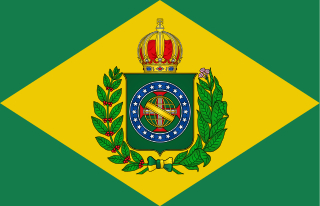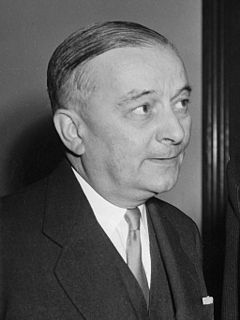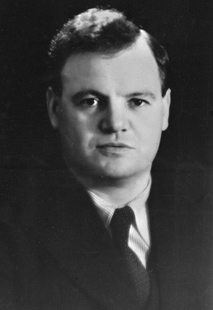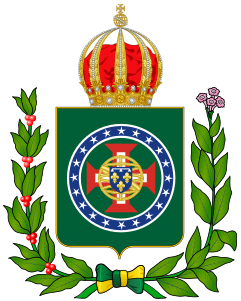The 1993 Brazilian constitutional referendum was held on April 21, 1993 to determine the form of government of the country. [1] After the re-democratization of Brazil, an article in the new Constitution determined the holding of a referendum for voters to decide if the country should have a republican or a monarchical form of Government, and if the system of Government should be that of a presidential Executive or that of parliamentary government.

The Constitution of the Federative Republic of Brazil is the supreme law of Brazil. It is the foundation and source of the legal authority underlying the existence of Brazil and the federal government of Brazil. It provides the framework for the organization of the Brazilian government and for the relationship of the federal government to the states, to citizens, and to all people within Brazil.
A republic is a form of government in which the country is considered a “public matter”, not the private concern or property of the rulers. The primary positions of power within a republic are not inherited, but are attained through democracy, oligarchy or autocracy. It is a form of government under which the head of state is not a monarch.

A monarchy is a form of government in which a group, generally a group of people comprising a dynasty, embodies the country's national identity and its head, the monarch, exercises the role of sovereign. The power of the monarch may vary from purely symbolic, to partial and restricted, to completely autocratic. In most cases the monarch's position is inherited and lasts until death or abdication. In contrast, elective monarchies require the monarch to be elected. Both types have further variations as there are widely divergent structures and traditions defining monarchy. For example, in some elected monarchies family history is the only criterion for eligibility to be monarch, whereas many hereditary monarchies impose requirements regarding the religion, age, gender, or mental capacity. Occasionally this can result in more than one rival claimants, whose legitimacy is subject to election. There have been cases where the term of a monarch's reign either is fixed in years or continues until certain conditions are satisfied: an invasion being repulsed, for instance.
Contents
The Constitution further specified that Congress, sitting in joint session, would be empowered to effect a revision of the Constitution in 1994 by a mere absolute majority, instead of the qualified majority procedure with separate votes in both Houses of Congress that is usually required for constitutional amendments; any change in the constitutional regime of Government decided during the referendum would be adopted during the said constitutional revision.
Federal Law n° 8.624, signed into law by President Itamar Franco on February 4, 1993, regulated the holding of the referendum. [2]

Itamar Augusto Cautiero Franco was a Brazilian politician who served as the 33rd President of Brazil from December 29, 1992 to December 31, 1994. Previously he was Vice President of Brazil from 1990 until the resignation of President Fernando Collor de Mello. During his long political career Franco also served as Senator, Mayor, Ambassador and Governor. At the time of his death he was a Senator from Minas Gerais, having won the seat in the 2010 election.
An overwhelming majority of voters favoured the republican regime and the presidential system, as the country had been ruled for 104 years since the Proclamation of the Republic on November 15, 1889 – apart from a brief parliamentarian experience between 1961 and 1963, [3] which had also been defeated in a referendum. In spite of heavy campaigning on TV and radio, turnout was relatively small (74.3%), considering that voting is compulsory in the country.

Voter turnout is the percentage of eligible voters who cast a ballot in an election. Eligibility varies by country, and the voting-eligible population should not be confused with the total adult population. Age and citizenship status are often among the criteria used to determine eligibility, but some countries further restrict eligibility based on sex, race, or religion.

Compulsory voting is an effect of laws which require eligible citizens to register and vote in elections, and may impose penalties on those who fail to do so. As of August 2013, 22 countries provide for compulsory voting, and 11 democracies — about 5% of all United Nations members — enforce it.
















